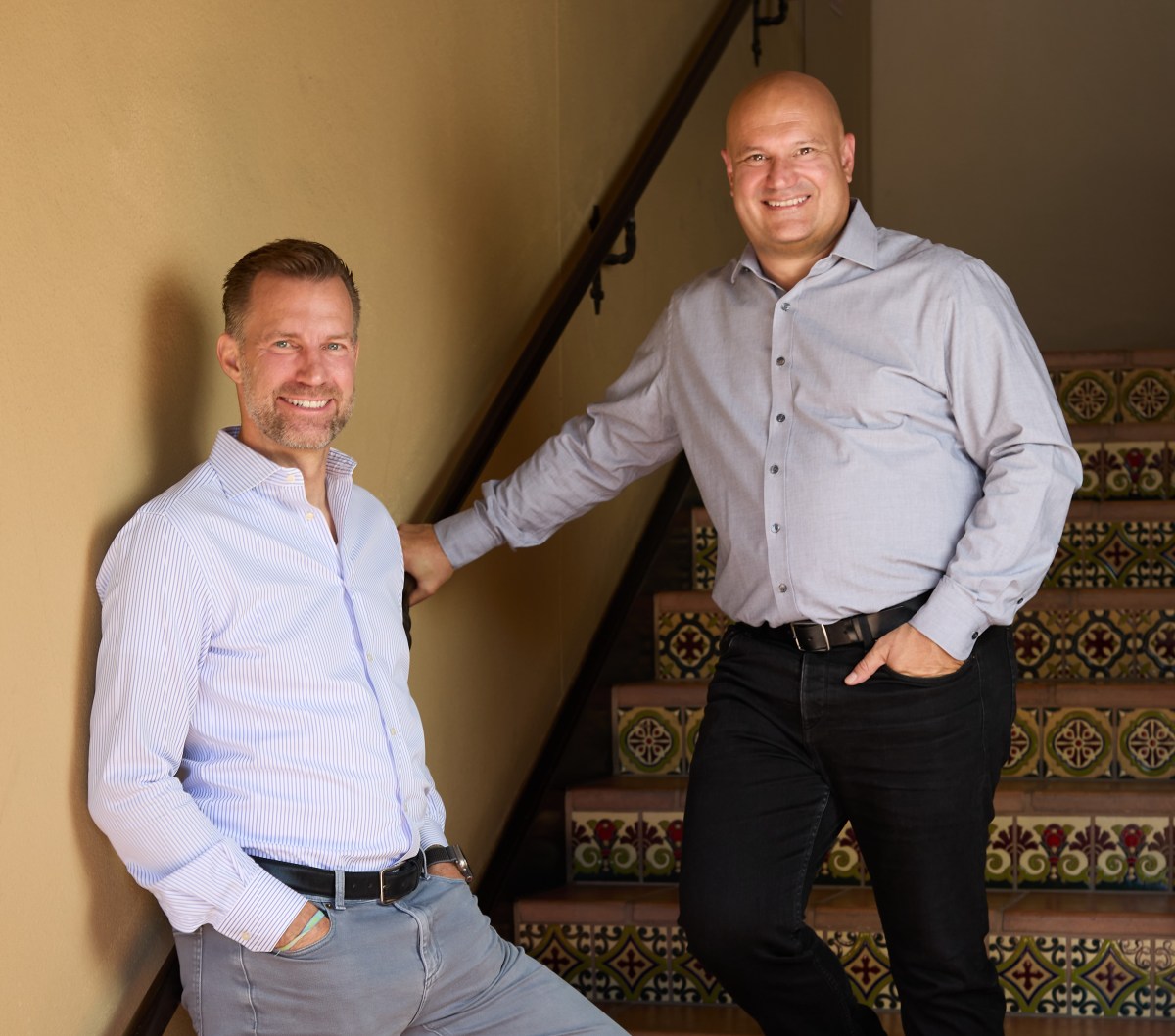A new venture firm, Leitmotif, has been secretly investing in around 20 startups focused on decarbonization over the past 16 months. The firm’s portfolio includes companies involved in electric vehicles, space, batteries, and nuclear fusion. Until now, Leitmotif had only disclosed that its funding came from “European industrial interests.”
However, Leitmotif has now revealed to TechCrunch that its funding comes from the Volkswagen Group.
The German automaker has committed $300 million to Leitmotif’s first fund, making it the sole limited partner. So far, Leitmotif has deployed approximately one-third of this amount.
According to Leitmotif’s managing partners, Matt Trevithick and Jens Wiese, the firm aims to establish successive funds that will attract more European industrial investors beyond Volkswagen. (A Volkswagen Group spokesperson declined to comment, citing a communication blackout period ahead of the company’s annual meeting.)
This is an ambitious undertaking, especially considering the challenges of securing funding for hardware startups with significant manufacturing components in recent years. Nevertheless, Trevithick believes it’s the right time to invest in these types of companies.
“Technology has always driven human progress, and I think the United States is on the verge of accelerating this progress,” Trevithick told TechCrunch. “I believe the next few years will bring about numerous technological advancements in the United States that the rest of the world will admire.”
Leitmotif is also building a transatlantic fund amidst a strained geopolitical environment due to the Trump administration.
Despite this turmoil, Wiese, who previously headed Volkswagen Group’s M&A, Investment Advisory, and Partnerships division, stated that the firm’s overarching goal is to “create a bridge between the European industrial establishment and the US innovation ecosystem.”
Priority one: make money
Trevithick and Wiese emphasized that Volkswagen’s primary priority when investing in the fund was to generate returns.
“First and foremost, this is about establishing a successful venture firm,” Wiese said.
Although the Volkswagen Group generates hundreds of billions of dollars in revenue each year, Wiese stressed that making money remains crucial, as it’s “how the industry keeps score.”
Following this, Leitmotif plans to invest in “category-defining companies within our fields of interest,” according to Wiese, and identify “new pockets of innovation” that could benefit the Volkswagen Group.
Wiese expects approximately one-quarter of Leitmotif’s portfolio to interact with Volkswagen and its various brands over time.
An example of this is the EV truck startup Harbinger, in which Leitmotif co-led a $100 million Series B funding round in January. Wiese mentioned that Harbinger has discussed potential collaboration with Volkswagen’s trucking division.
Geographically, Leitmotif’s investment strategy is structured to deploy roughly 70% of its capital in the US and 30% in the EU, with offices in both Palo Alto and Munich.
Trevithick stated that 70% of Leitmotif’s global investments in this first fund will focus on startups solving existing problems in “billion-dollar plus markets with customers ready to buy the innovation.”
The remaining 30% of the fund will concentrate on what Trevithick called “revolutionary innovation” that will create “billion-dollar markets in the 2030s and beyond.”
So far, this strategy has led to investments in companies like battery recycling company Redwood Materials, reusable rocket company Stoke Space, and circular polyester startup Syre. Leitmotif has publicly backed 13 startups to date, although there are more in its portfolio that have not been announced.
Leitmotif will eventually establish other funds; Trevithick and Wiese mentioned that they are particularly interested in robotics and AI next. Volkswagen will have the option to invest in these future funds if it chooses, but Leitmotif operates independently and is currently focused on completing its first fund.
Timing is everything
The latter part of 2023 was arguably the most challenging time for startups to secure large funding rounds, particularly those focused on hardware or “deep tech,” due to high interest rates.
Trevithick believes this made it an ideal time to launch Leitmotif.
“It’s in down markets that strong companies separate from the weak. In a bubble, everyone gets funded,” he said.
The fundraising slowdown caused other firms to become more cautious and focus on their existing portfolio companies, Trevithick explained.
“There were fewer new dollars available to fund good companies, because everyone became myopic about their own portfolio,” he said. “I think that’s why we received a lot of interest to participate in rounds that, in a bubble, we might not have had access to.”
This interest was largely due to Wiese’s and Trevithick’s backgrounds and networks.
Wiese spent nearly eight years at Volkswagen Group, where he oversaw mergers, acquisitions, and investments. During this time, he developed a deep network within the venture community in both Europe and the US, including a relationship with battery maker QuantumScape, where he served as a board member until 2024.
Trevithick, meanwhile, was a partner at Venrock for a decade, focusing on green energy investments during the early 2010s clean tech boom. His most notable investment was an early bet on battery maker Atieva, which later became Lucid Motors.
Trevithick’s experience investing in, advising, and guiding companies through the subsequent clean tech bust has been invaluable in navigating the current uncertainty in the industry.
While many corporate “net zero” goals are being abandoned or revised, Trevithick believes the clean tech industry is “starting from a much better position this time around.”
Furthermore, Trevithick thinks the unpredictability of the current environment will create more opportunities for firms like Leitmotif and the startups it supports.
“I think we can all agree it’s going to be a highly volatile environment. Which should disproportionately favor entrepreneurs, startups, and venture capitalists,” he said.
“We feel very confident about our portfolio,” Wiese added. “Yes, decarbonization is our overarching theme. At the same time, we invest in companies where we are convinced they have a solid business case to succeed, regardless of the current theme or trend.”
Source Link



